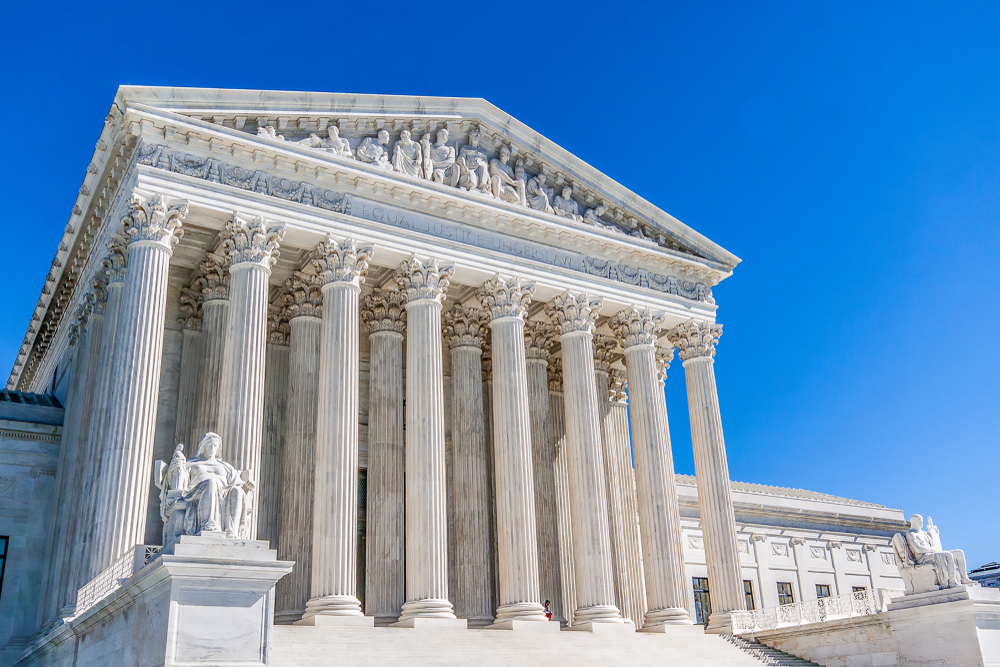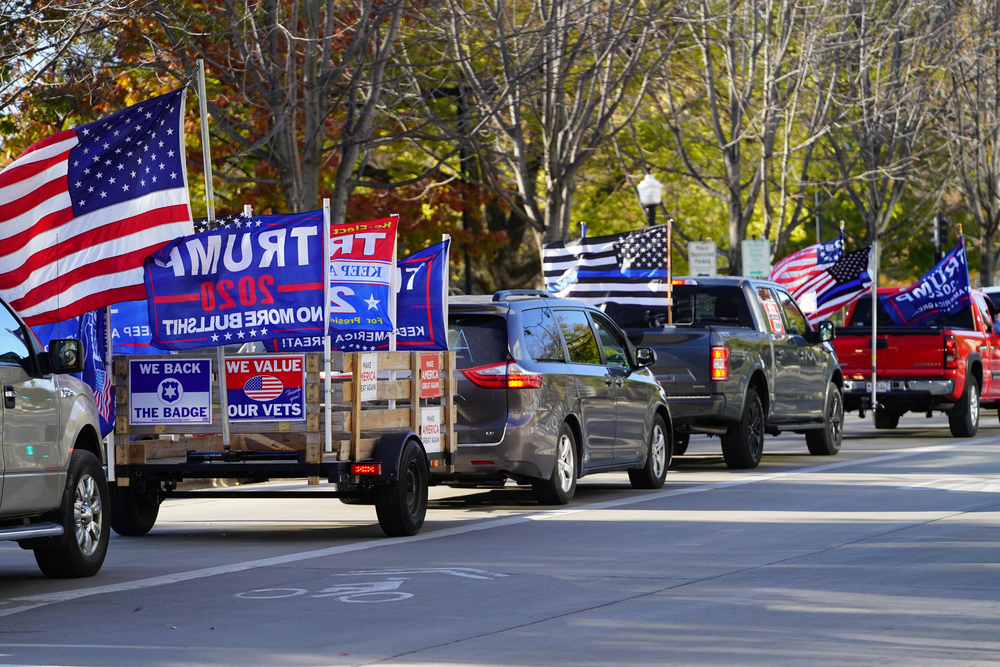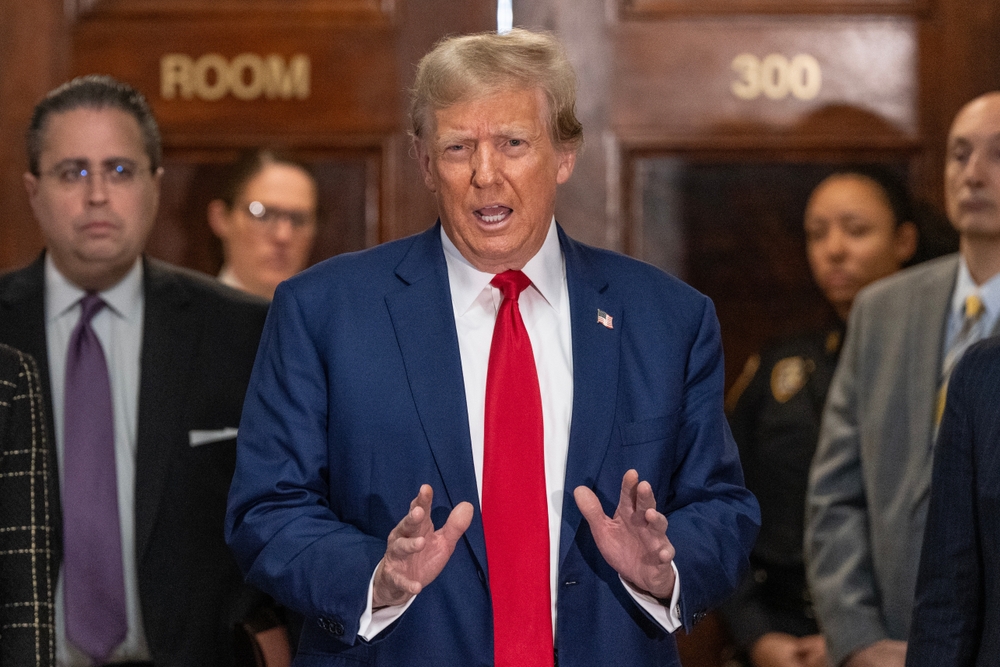
Supreme Court Rules Against Migrants Seeking To Avoid Deportation
The Supreme Court ruled against several illegal immigrants who were seeking to avoid deportation this week. The move came as the Biden administration is potentially planning a significant legalization effort for hundreds of thousands of illegal aliens already in the country.
The high court ruled against Esmelis Campos-Chaves, Varinder Singh and Raul Daniel Mendez-Colín, who each sought to have their deportation orders rescinded. The Department of Justice (DOJ) issued Notices to Appear (NTA) against the three individuals.
The illegal immigrants did not appear before a federal immigration judge. Each was then ordered deported from the country.
Read the entire opinion. Illegal aliens who do not show up at their removal proceedings after receiving proper notice to appear CAN be Ordered REMOVED in abstentia
— Ms.G (@GSchifanelli) June 14, 2024
The three litigants claimed that they did not receive sufficient notice regarding their hearintgs. They were sent initial letters without specific hearing dates, followed by letters with court dates. According to the decision, if an alien can show that he or she did not receive such an NTA notice, they may not be automatically deported. written by Justice Samuel Alito,
“We granted certiorari in these cases to consider what it means to “demonstrat[e] that the alien did not receive notice,” wrote Alito in the 5-4 decision.
“Because each of the aliens in these cases received a proper paragraph (2) notice for the hearings they missed and at which they were ordered removed, they cannot seek rescission of their in absentia removal orders,” read the decision.
The decision came as the Biden administration is reportedly considering a means that would allow hundreds of thousands of illegal aliens to stay in the country. If implemented, the White House would allow some migrants to stay if they are married to American citizens.
The “parole in place” policy would also allow such illegal immigrants to apply for legal residency and to eventually to become a citizen.
The decision came a number of important rulings by the high court. Separately, the court struck down a ban implemented by former President Donald Trump which banned ‘bump stocks.’ The court ruled that the Bureau of Alcohol, Tobacco and Firearms did not have the constitutional ability to restrict the devices that cause semi-automatic weapons to fire at an increased rate of speed.







